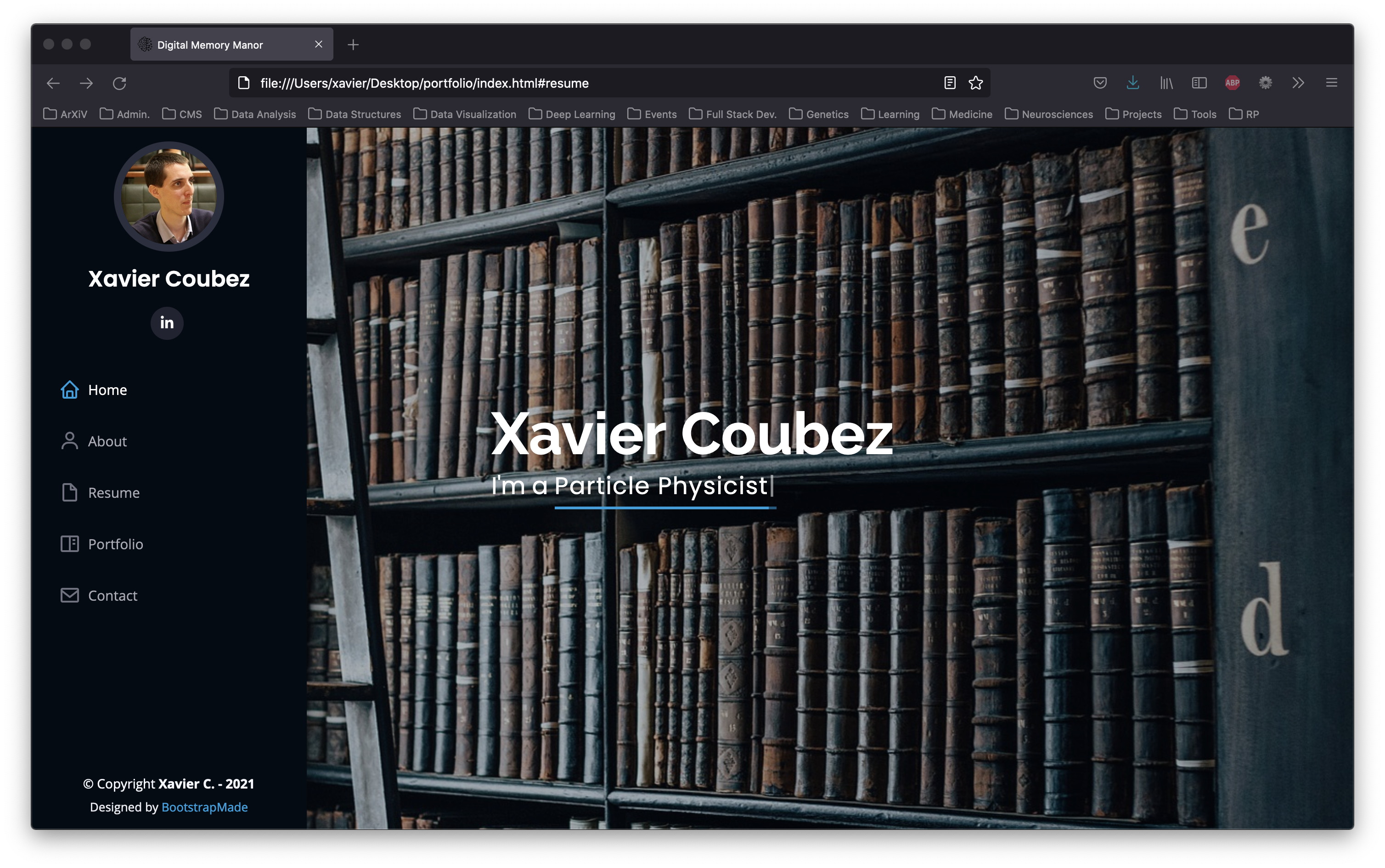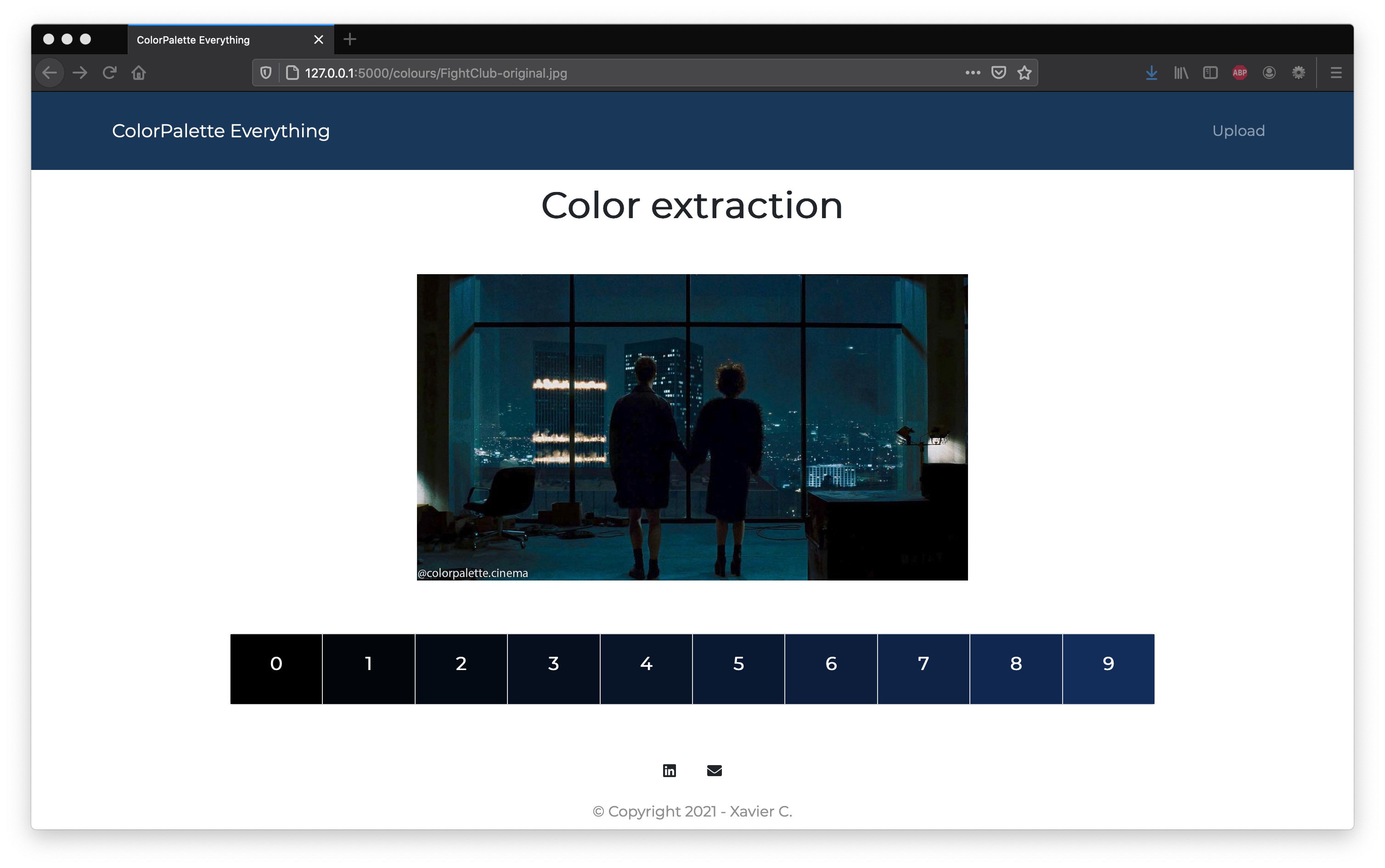About
Particle physicist currently working in the CMS collaboration at CERN. After a Ph.D. dedicated to the study of the Higgs boson, I have been working mainly on developing and studying the performance of algorithms designed to identify specific objects called jets. Jet identification has been a leading force in the use and development of deep learning algorithms at the LHC. After few years improving the performance of the algorithms through generations of deep neural networks, the focus has recently switched towards getting a better understanding of the performance and their stability.

Particle Physicist & Data Scientist.
After two years leading a group of physicists in charge of the identification of complex objects within the CMS Collaboration, I am back on the technical side of particle physics, analyzing large amounts of data and studying in depth the properties of the algorithms currently used.
- Degree: Ph.D. in Particle Physics
- Expertise: Particle physics, Detector physics, Data analysis
- Interests: Deep Learning, Neuroscience, Psychology & Linguistics
- Freelance: Available (part time)
Skills
The few years spent between Brown University and RWTH Aachen University have provided me with a unique opportunity to develop both technical skills through challenging projects and managerial skills through the leadership position I held and the mentoring of more than ten master & Ph.D. students.
Resume
I started with a technical background, working on detector physics and instrumentation. I slowly moved towards more fundamental questions which led me to complete a Ph.D. in particle physics. I then joined two universities as postdoctoral researcher and am currently working on the development and understanding of new generations of algorithms for 3D objects identification. The common factor between my various activities is a curiosity-driven approach which led me to discover and explore many fields beyond the scope of my initial interest.
Sumary
Xavier Coubez
Postdoctoral researcher with seven years of experience in academia.
- Saint-Genis-Pouilly, France
- xavier.coubez@cern.ch
Education
Particle physics (Ph. D.)
2014 - 2017
Université de Strasbourg, Strasbourg, France
Ph.D. thesis: Search for standard Higgs boson production in association with a top-antitop quark in the CMS experiment at the LHC.
Subatomic physics & astroparticles (M. Sc.)
2012 - 2014
Université de Strasbourg, Strasbourg, France
Particle Physics • Nuclear Physics
Master’s thesis: Development of a tau trigger algorithm and study of the decay of Higgs boson to tau leptons
Physics (B. Sc.)
2011 - 2012
Université de Strasbourg, Strasbourg, France
Classical Physics • Quantum Mechanics • Special Relativity
Nuclear Physics (B. Sc.)
2011 - 2012
Université de Strasbourg, Strasbourg, France
Nuclear Physics • Detector Physics • Radiation Protection
Bachelor’s thesis: Caracterization of the PImMS detector
Professional Experience
Consultant - Data Analysis
2021 - Present
Collaboration with the Institut de cancérologie Strasbourg Europe (ICANS)
- Medical imaging project: detection of imaging anomalies. Comparing performance of knowledge-based approach with various machine learning strategies.
Postdoctoral scholar
2017 - Present
Brown University, Providence, Rhodes Island, USA
- Heavy flavour tagging
Comparing the impact of various simulation tunings on the performance of iden- tification algorithms, improving the performance to deal with new data taking conditions, developing new algorithms for future detectors.
- Detector monitoring
Developing anomaly detection algorithms to help with detector monitoring using dimensionality reduction techniques (PCA, t-SNE, auto-encoders, ...).
Postdoctoral researcher
2017 - Present
RWTH Aachen University, Aachen, North Rhine-Westphalia, Germany
- Heavy flavour tagging
Leading the group of physicists in charge of heavy flavour tagging algorithms in the CMS Collaboration (development, commissioning, documentation, ...).
Studying decision of the deep learning based algorithms using LRP, checking stability of the performance using AI safety, deriving n-dimensional corrections to be applied to simulation to match the data taken at the LHC.
Tools
While a gap existed between the standard tools in particle physics and the industry, the situation changed during the last few years with the increasing use of complex deep learning techniques in the context of physics analyses. The tools used today therefore match quite closely the ones needed in the industry, from the use of python ecosystem to the adoption of the most recent deep learning frameworks.
Portfolio
Most of the work done within a collaboration as large as CMS (more than 1000 physicists working together to achieve their goals) undergoes a long review process which can take from months to years. While the results become public, it is difficult to present the technical work done to achieve them. This portfolio focuses instead on smaller projects inspired by tutorials, readings, conferences... and everyday life.
- All
- Data acquisition
- Data analysis
- Data visualization
- Websites


